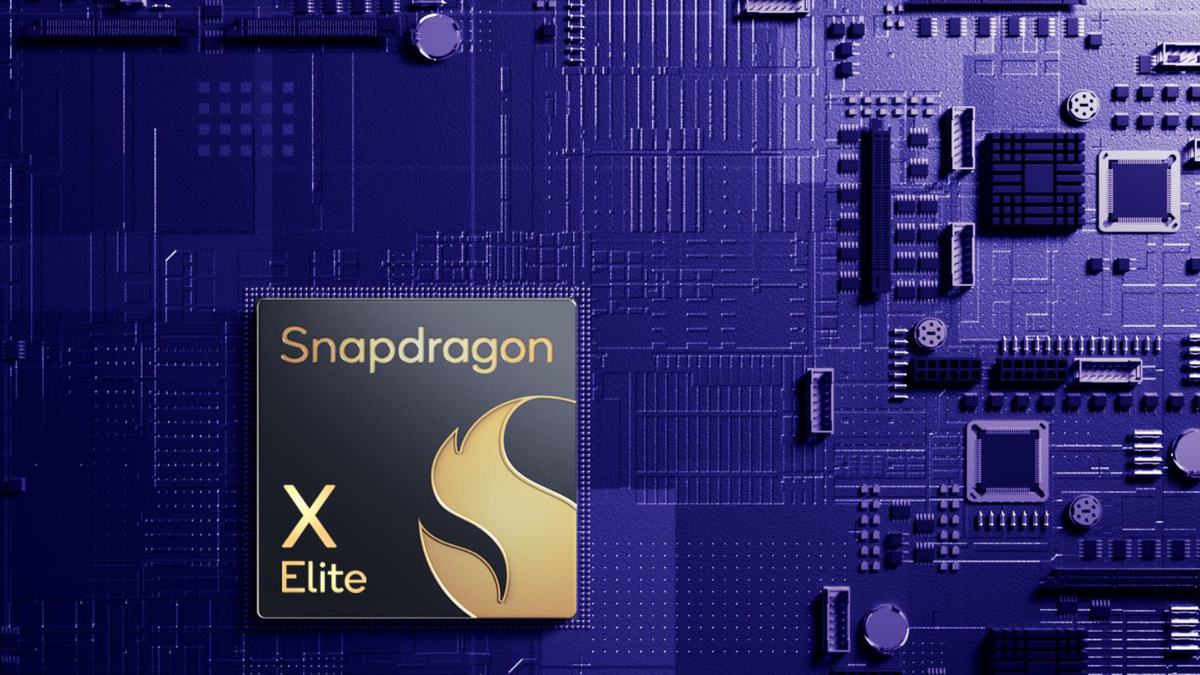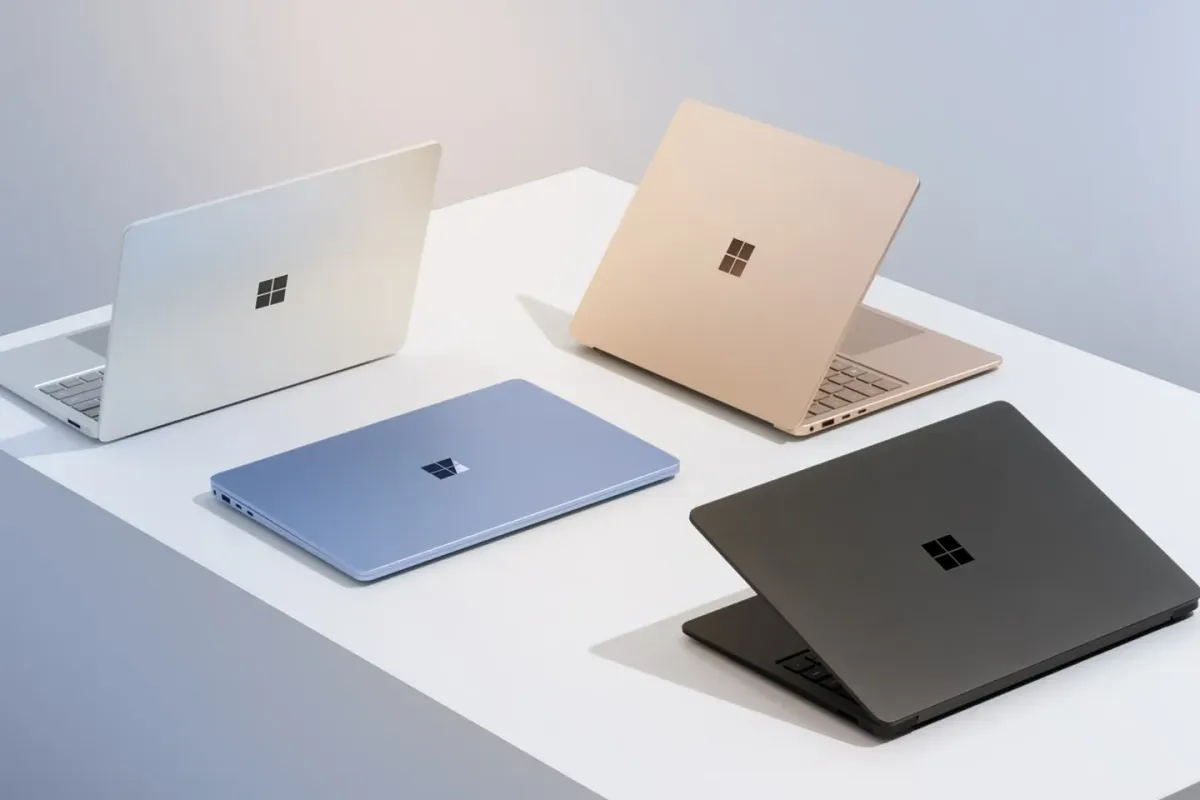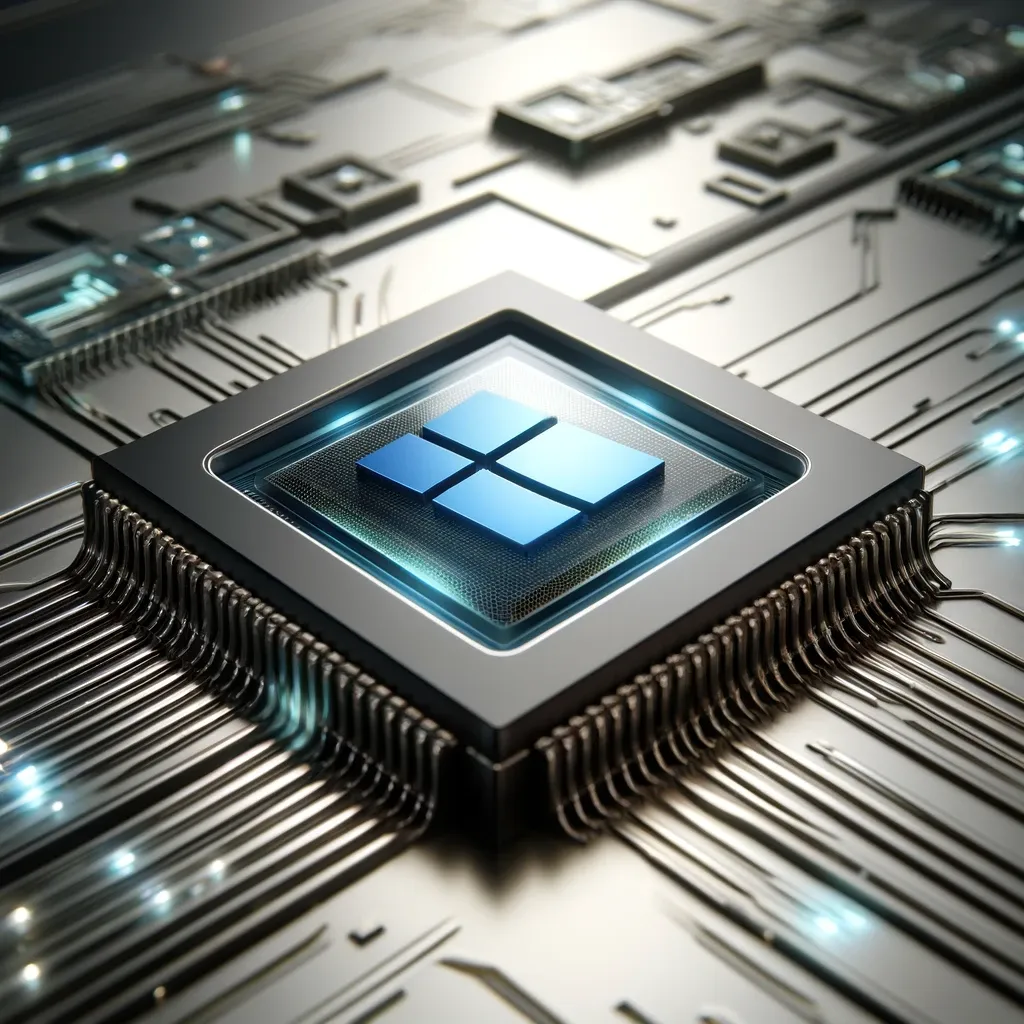No Fun: the Growing List of 'AI PC' Problems

Shot:
The latest Windows personal computers with artificial-intelligence features have “the best specs” on “all the benchmarks,” Microsoft Chief Executive Satya Nadella recently said.
Chaser:
There is one problem: The chips inside current models are incompatible with many leading videogames.
On the surface (pun very much intended), it may not seem like a big deal that these Copilot+ PCs are shitting the bed when it comes to gaming, but it seems awfully problematic for a few reasons.
First and foremost, yes, Microsoft (and Qualcomm) have been touting these machines to no end as not only the best PCs that money can buy, but specifically touting how great the emulation software is to ensure compatibility. And this was a big deal because previous emulation software that tried to get programs built for x86 Windows to run on ARM Windows, sucked. Despite the promises, it still sucks, it seems.
The problem is widespread. About 1,300 PC games have been independently tested to see if they work on Microsoft’s new Arm-powered PCs and only about half ran smoothly, said James McWhirter, an analyst with research firm Omdia. He cited an independent website recommended by Microsoft to check compatibility. Many other less-popular games haven’t been tested.
Yes, these are games. But games are software. Given the "hit" rate in just the games tested, we're talking about thousands of pieces of software. Some of the most popular software. That seems like a big deal for the world's most ubiquitous operating system.
Microsoft confirmed that some games may not play on Copilot+ PCs, including certain titles with demanding graphics requirements. It said it was “committed to making a quality gaming experience” on the PCs but for now, “players who want a high-performance native gaming experience may choose an alternate PC optimized for gaming.”
Qualcomm had a similar comment, saying the type of chip powering the new AI PCs “is not currently considered a gaming platform” but that it was working with partners to improve the situation.
But that is not at all what was said during the high-profile kick-off and roll out of the "AI PC" era with Copilot+ PCs. At the same time, they had to have known about these issues as very little has been said about gaming on these machines. They selectively pointed out titles that would run, while skirting over the fact that most won't, at least not well. That seems beyond disingenuous.
The companies said many games already work with Copilot+ PCs without requiring a translation layer. Speaking at an industry event in June, Qualcomm Chief Executive Cristiano Amon mentioned titles such as “Baldur’s Gate 3,” a fantasy role-playing game. However, Amon spent less than two minutes speaking about videogames near the end of his hourlong speech.
One frequent cause of problems is the software built into some games to prevent cheating—an essential feature added to titles such as “Fortnite” and “League of Legends.” Even if the game itself can be translated to run on Arm, the anti-cheating software may be incompatible.
Yeah and while Microsoft and Qualcomm may not like that, it's a part of the package. If that software layer doesn't work, the games don't work.
Jesse Zmick, a 34-year-old cybersecurity professional in Charlottesville, Va., said he wouldn’t buy an Arm-powered device because he was concerned he wouldn’t be able to play some of his favorite games such as “Dead by Daylight,” a survival-horror title, and “Rising Storm 2,” a shooter game.
Zmick said friends have gotten kicked out of online matches when they tried to use additional software to play on Arm computers.
Many will be quick to dismiss this as something that only impacts kids, but come on, it's 2024. Obviously that's not true. Again, gaming is one of the, if not the biggest software category. And while the most hardcore gamers may buy machines that are specifically built for gaming, many people prefer to buy machines that are suited for everything, including gaming. And again, Microsoft and Qualcomm have spent the past many months telling us all that the new Copilot+ PCs are the best machines.
This is why I was skeptical of all the early claims about how well these machines would perform – you need to see the edge cases in the real world and here, as it turns out, the edge case is not so "edge".
The entire PC industry would really like AI PCs to happen. But there is now a growing list of reasons why folks should take a wait-and-see approach when buying such machines. Gaming is a big one, of course, but the fact that Microsoft has had to roll-back and delay some of the key AI functionality isn't helping matters either. Neither is the fact that the AI features that remain seem to range from boring to useless. So let's pump the brakes on the uprgrade "supercycle"...
As WSJ notes, there are some similarities to when Microsoft rolled out their first ARM-based machines with Windows RT. And again, that's part of the reason why Microsoft went above and beyond here to tout all the work they did to ensure compatibility via emulation. Sadly, it doesn't work for arguably the most important category of software. And that's going to be a major issue for quite some time.
Maybe the makers of the games rush to ensure compatibility with ARM-based Windows. But more likely they'll also take the wait-and-see approach, since unlike when Apple switched to ARM chips, Microsoft is decidedly not saying they're going all-in on ARM. There will still be x86 PCs, so developers will have to build for both. Or pick one and hope the emulators work, which again, they do not.
One more thing: Perhaps Intel, desperately in need of a win, has an interesting opening here. While it looked like they were being left in the dust with this Microsoft + Qualcomm partnership, now they can tout continued compatibility as a key reason to stay the x86 course. The fact that their chips will be getting the Copilot+ PC AI features soon can put more weight behind such a push. Intel-based Windows machines are the ones to buy if you want to do everything on your PC.1 And then they can go all-in on pushing their wares for gamers specifically.




1 Well, or AMD, of course.


